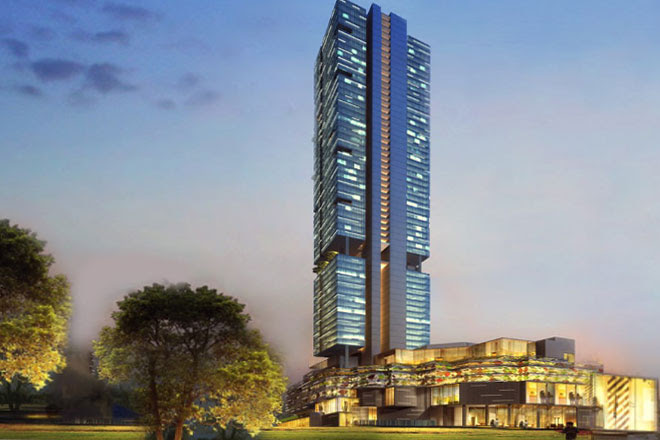Reuters: Sri Lankan shares fell in thin trade on Friday, as the market took a breather after hitting a near three-month high in the previous session, with foreign investors net selling equities ahead of the national budget.
The Colombo stock index closed 0.3 percent lower at 6,612.91, slipping from its highest close since July 31 hit on Thursday.
Large cap Ceylon Cold Stores fell 4.8 percent, while the biggest listed lender Commercial Bank of Ceylon Plc eased 1.2 percent.
“Market took a healthy break, which is important for consolidation. There was more local participation,” said Hussain Gani, deputy CEO at Softlogic Stockbrokers.
“We still are positive on the stock market because the interest rates are gradually coming down.”
Foreign investors net sold shares worth 61.2 million rupees ($398,697) on Friday, but they have net bought 19.67 billion worth equities so far this year.
Analysts said the market was looking for direction from corporate results for the September quarter and the 2018 budget, which Finance Minister Mangala Samaraweera will present on Nov. 9.
Turnover stood at 352 million rupees ($2.29 million), less than half this year’s daily average of 936.3 million rupees.
The Colombo stock index closed 0.3 percent lower at 6,612.91, slipping from its highest close since July 31 hit on Thursday.
Large cap Ceylon Cold Stores fell 4.8 percent, while the biggest listed lender Commercial Bank of Ceylon Plc eased 1.2 percent.
“Market took a healthy break, which is important for consolidation. There was more local participation,” said Hussain Gani, deputy CEO at Softlogic Stockbrokers.
“We still are positive on the stock market because the interest rates are gradually coming down.”
Foreign investors net sold shares worth 61.2 million rupees ($398,697) on Friday, but they have net bought 19.67 billion worth equities so far this year.
Analysts said the market was looking for direction from corporate results for the September quarter and the 2018 budget, which Finance Minister Mangala Samaraweera will present on Nov. 9.
Turnover stood at 352 million rupees ($2.29 million), less than half this year’s daily average of 936.3 million rupees.
($1 = 153.5000 Sri Lankan rupees)
(Reporting by Shihar Aneez; Editing by Biju Dwarakanath)

